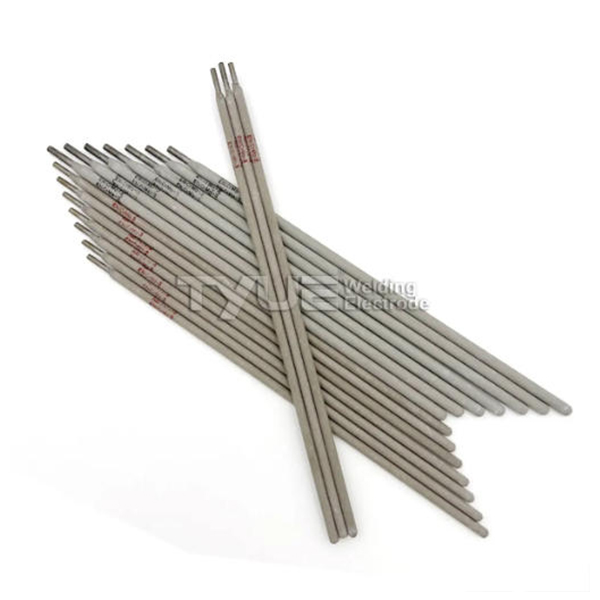Nickel Base Electrodes represent a specialized category of welding consumables designed for joining high-performance alloys and dissimilar metals. The Ni327-3 (AWS A5.11 ENiCrMo-3) variant features a low-hydrogen sodium coating and operates on DCEP (Direct Current Electrode Positive) polarity. This electrode produces deposited metal with exceptional plasticity, toughness, and crack resistance, maintaining high strength and superior corrosion resistance at both room and elevated temperatures. Its chemical composition ensures reliable performance in demanding environments where standard electrodes would fail.
The metallurgical properties of these electrodes make them particularly suitable for welding nickel-chromium-molybdenum alloys. The deposited metal typically contains approximately 55% nickel, 20-23% chromium, and 8-10% molybdenum, creating a robust microstructure that resists various forms of corrosion including pitting and stress corrosion cracking. Mechanical properties include tensile strength exceeding 760 MPa and elongation rates above 27%, ensuring both strength and flexibility in the welded joint.
Industrial applications for Nickel Base Electrodes span multiple sectors including chemical processing, power generation, and marine engineering. They are extensively used in welding critical components such as reactors, heat exchangers, and piping systems that operate under high temperatures and corrosive conditions. The electrodes demonstrate particular effectiveness in joining dissimilar metals and for overlay welding on carbon steel surfaces, providing both economic and technical advantages in equipment fabrication and repair.
Proper handling and welding techniques are essential for optimal performance with these electrodes. Pre-drying at 300°C for 60 minutes is recommended to eliminate moisture and prevent hydrogen-related issues. Operators should maintain short arc lengths and moderate heat input to preserve the metallurgical characteristics of the deposited metal. Interpass temperatures should be controlled below 150°C, and thorough cleaning between passes is necessary to ensure defect-free welds with optimal corrosion resistance.
Nickel Base Electrodes provide essential solutions for challenging welding applications across various industries. The Ni327-3 variant, meeting AWS ENiCrMo-3 specifications, offers reliable performance through its balanced combination of mechanical properties and corrosion resistance. These electrodes continue to serve as critical components in maintaining and constructing industrial equipment that operates under extreme environmental conditions.
Post time: Sep-09-2025

